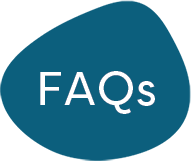Life-changing treatment for your patients and their families
Our program is designed to help children, teens, young adults, and their families get the care they need to get their lives back on track.
Building on your care.
Building on your care.
Nearly one-third of youth in the U.S. will struggle with an anxiety disorder by the age of 18. As a healthcare professional, you know that too many of these children are underserved and not getting the care they need.
That’s where InStride steps in. We provide specialty outpatient care for people ages 7-24 across the full range of acuity. As we serve individuals and families, we keep providers like you—pediatricians, specialists, schools and allied behavioral health professionals—in the loop, so we’re aligned in helping these individuals learn to more effectively manage anxiety and OCD and build lifelong resilience.
Evidence-based treatment, grounded in CBT.
Guided by a dedicated, 3-person multi-disciplinary care team that includes a psychiatrist, therapist, and exposure coach, each personalized program can include:
- Individual therapy sessions (CBT and ACT with an emphasis on exposure therapy)
- Scheduled and as-needed exposure coaching by text, phone, or video
- Psychiatry sessions to provide medication management, if indicated
- Skills practice groups and exposure groups
- Family therapy sessions and parent/caregiver groups
A uniquely experiential, real-world approach to care.
We support young people where they live, learn and play.
- Real-world, real-time treatment with exposure therapy out in the community—where it’s needed most
- Purposely time-bound treatment designed to foster self-sufficiency
- Engagement with families, other providers and schools to ensure the surrounding environment is best equipped to support the child in an ongoing way
- Measurement-based care (MBC) allowing for data-driven, tailored adjustments to the treatment plan based on an individual’s progress and needs
Are we a fit for your patients?
Learn more about who to referSet their transformation in motion.
Because InStride is insurance-based and has no waitlist, we can provide care to as many of your patients as need it. After your referral, you can expect the following:
Fast, efficient intake
Within 24 hours of receiving your referral, we reach out to the parent/caregiver or individual, depending on their age, to schedule an intake phone call.
Quick start to treatment
If we’re a good fit after the clinical evaluation, their personalized treatment plan begins, typically within 1-4 weeks of application approval.
Ongoing treatment updates
We’ll keep you informed, as appropriate, on your patient’s progress—including adjustments made as needed.
A plan for lasting success
Each patient receives an individual transition plan to help sustain their skills after graduation.
Powerful outcomes on par with top-ranked academic hospital programs.
InStride fills critical gaps in care to help young people and their families emerge with more confidence and agency in their lives.
of patients reported reduction in anxiety symptoms with significant reductions observed as early as two months.1
of patients reported they would recommend InStride Health to a friend2
of caregivers reported a reduction in their own strain3
of caregivers reported a reduction in absenteeism from work or neglecting other duties4
1Assessed among patients age >=13 with baseline GAD-7 score >=10 and complete data at graduation; at 2 months 77% of assessed graduates had a reduced score (p<.0001 for within-person change).
2Measured by Satisfaction with Services Scale assessed among patients age >=13 with complete data at graduation.
3Measured by Caregiver Strain Questionnaire-Short Form 7 assessed among caregivers of patients with complete data at graduation; change in absenteeism measured among caregivers who reported missing quite a bit or very much work at baseline.
4Measured by Caregiver Strain Questionnaire-Short Form 7 assessed among caregivers of patients with complete data at graduation; change in absenteeism measured among caregivers who reported missing quite a bit or very much work at baseline.
Get your patient started today.

Still have questions?
Find the answers to specific FAQs here.
Talk to Us
Have a question about InStride Health? We're here to help.
For Families and General Inquiry:
Phone: 855.438.8331
Email: info@instride.health
For Providers:
Phone: 855.438.8331
Email: providersupport@instride.health

